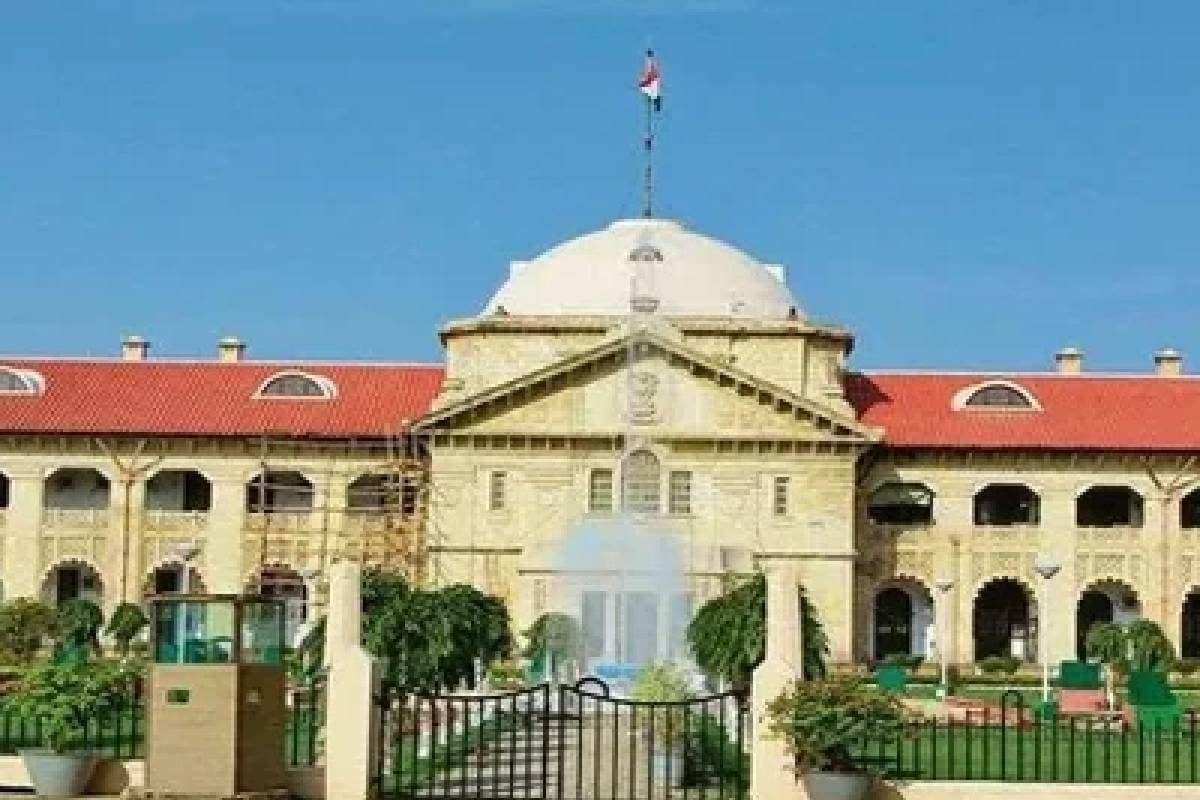The legitimacy of the marriage between the deceased and the applicant is a factual matter to be examined during the trial, the advocate stated.
The Allahabad High Court has observed that for an offence of dowry demand or in case of dowry death, it is sufficient to show that the victim woman and the accused man were “residing as husband and wife at the relevant point of time”.
Justice Raj Beer Singh made the observation while dismissing a petition challenging a Prayagraj sessions court order that rejected an applicant’s plea for discharge in a dowry death case. The petitioner was allegedly in a live-in relationship with the deceased woman.
The petition submitted that the impugned order is against facts and law, and therefore liable to be set aside.
The applicant’s counsel claimed that the deceased woman was married to one Rohit Yadav and that there is no credible evidence that she obtained divorce from him.
The woman later entered a live-in relationship with the accused, and they did not get married, the plea claimed.
In view of these facts, the counsel said, it cannot be said the deceased was legally married to the applicant, and therefore no prima facie case under Section 304-B of the Indian Penal Code (IPC) can be made out.
However, the additional government advocate opposed the application, saying the FIR mentioned that after marriage to Rohit Yadav, the woman was divorced by him. She later married the applicant in court and there are allegations that the deceased was harassed by the accused on account of dowry.
Dismissing the plea, the high court bench said, “In order to attract provisions of Sections 304-B and 498-A of the IPC, it is sufficient to show that the victim woman and the accused man were residing as husband and wife at the relevant point of time.” “In the instant case, even if it is assumed for the sake of arguments that the deceased didn’t fall within the ambit of a legally-wedded wife, there is ample evidence on record that the applicant and the deceased were residing together as husband and wife at the relevant point of time.” The government counsel said the victim woman committed suicide on the premises of the accused.
Whether the marriage between the deceased and the applicant was lawful is a question of fact that can only be examined during trial, the advocate added.
“In view of the aforesaid facts, the contention raised on behalf of the applicant that provisions under Section 304 of the IPC are not attracted has no force,” the high court noted.
“The perusal of the impugned order shows that the trial court considered all relevant facts of the matter and the application filed by the applicant for discharge was rejected by a reasoned order,” it added.
(This story has not been edited by News18 staff and is published from a syndicated news agency feed – PTI)

